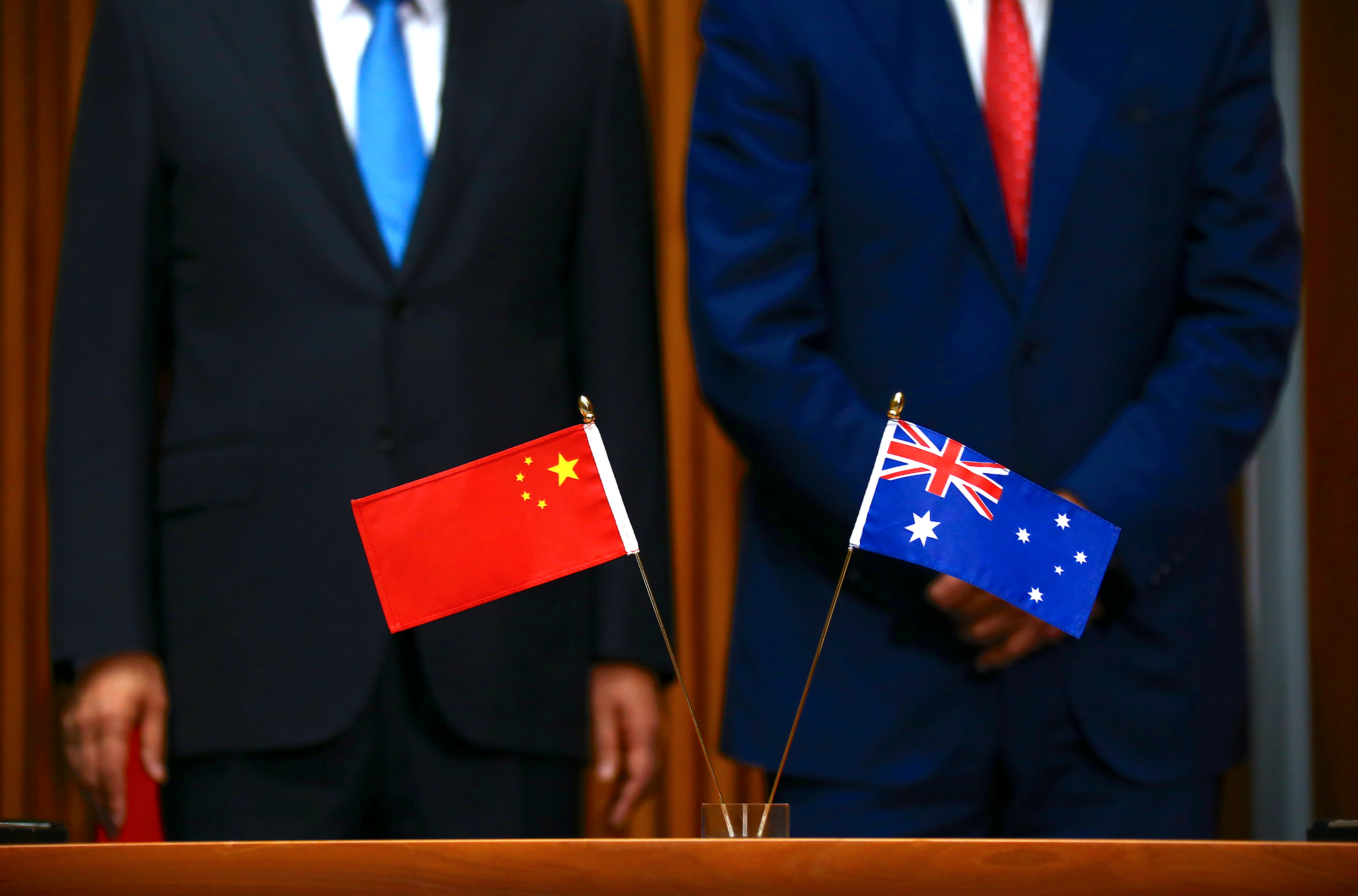MELBOURNE, (NIKKEI) – Australia is set for the biggest overhaul of its espionage laws in decades, after the country’s main political parties agreed on changes to a controversial bill that has strained ties with China and
raised civil liberties concerns.
The Espionage and Foreign Interference bill, introduced amid fears of Chinese meddling in Australia’s democracy, is expected to be passed in parliament this week after the government and opposition earlier reached agreement on 60 proposed revisions to the law.
The legislation, which forms part of a broader package of proposed laws tackling outside interference, outlaws
attempts by foreign actors to covertly influence the democratic process or “harm” Australia.
Unveiling the measures in December, Prime Minister Malcolm Turnbull said the government would “not allow foreign states to use our freedoms to erode freedom; our open democracy to subvert democracy; our laws to undermine the rule of law.”
Turnbull’s centre-right coalition government recently ramped up efforts to have the changes passed in the current
parliamentary sitting, with Attorney-General Christian Porter citing the “unprecedented” threat of foreign interference in by-elections scheduled for next month. Following months of negotiations, the center-left Labor Party gave its support to the laws after the government agreed to accept revisions recommended by a bipartisan parliamentary committee.
Although Turnbull has insisted the measures are not aimed at a particular country, the laws are widely understood to be a response to reports of Chinese interference in the country’s politics and institutions.
“It’s public knowledge, but it’s a sort of public secret that these are going to be directed at China, mostly,” said
Merriden Varrall, director of the East Asia Programme at the Lowy Institute in Sydney.
The proposals, which also include establishing a register of foreign lobbyists and banning foreign political donations, have strained relations with Beijing, Australia’s biggest trading partner, which has furiously denied claims of interference.
Among other alleged meddling, Beijing or its acolytes have been accused of funding Manchurian candidates for office, pressuring local Chinese-language media into supporting Chinese Community Party policy and spying on students studying abroad.
Pointing to the allegations, the CCP-linked Global Times last month claimed that Australia’s relations
with Beijing were "among the worst of all Western nations.
“Australian officials have scrambled to smooth over the growing tension in response, with Foreign Minister Julie Bishop meeting Chinese counterpart Wang Yi on the sidelines of the G20 foreign ministers meeting in Buenos Aires in May.
“Now is a moment where we could be either going down the frosty path a little bit more or we could take the
opportunity to keep things on their trajectory of warming up and creating a bit of space so that we can resume a
warmer bilateral relationship,” said Varrall.
“And much will depend on the public statements of the government this week around this legislation and what it’s for.”
Apart from impacting diplomatic relations, the proposed laws have drawn the ire of human rights and civil liberties
advocates, despite amendments intended to address their concerns.
Groups including Human Rights Watch and Amnesty International have warned that the laws could ensnare activist groups and whistleblowers who divulge information that serves the public interest.
Although the government has agreed to introduce a public interest defense for journalists, media organisations have argued that provisions related to the “handling” of sensitive government information could end up criminalising egitimate reporting.
The Law Council of Australia said the law, despite the revisions, represented a “leap into the unknown for freedom of speech in Australia.”
“There are still key areas where no compromise has been reached,” said George Williams, an expert in constitutional law at the University of New South Wales.
“There is still the possibility of jail terms for journalists. There’s a number of definitions which are too broad that expand the concept of national security into political and economic areas. It’s improved, but my view is it’s still someway off being the sort of law we should enact.”
Williams said that Australia’s strong bipartisan consensus on national security issues and its lack of a bill of rights
meant it was prone to passing legislation with adverse implications for rights and freedoms.
“Australia does have a truly extraordinary record of making anti-terror laws, in fact we’ve now made 70 separate
federal anti-terror laws since September 11, 2001,” he said.
“In Australia, that’s often occurred with great controversy but in the end, they’ve been passed with bipartisan support, and Australia has on the books some truly remarkable measures that were unthinkable prior to September 11, and which go further than the laws in many other countries, including the United States and the United Kingdom, in providing powers to police, intelligence agencies and the like.
One reason this has proved possible in Australia is because we are the only (Western) democracy without any form of national bill of rights,” he said.


